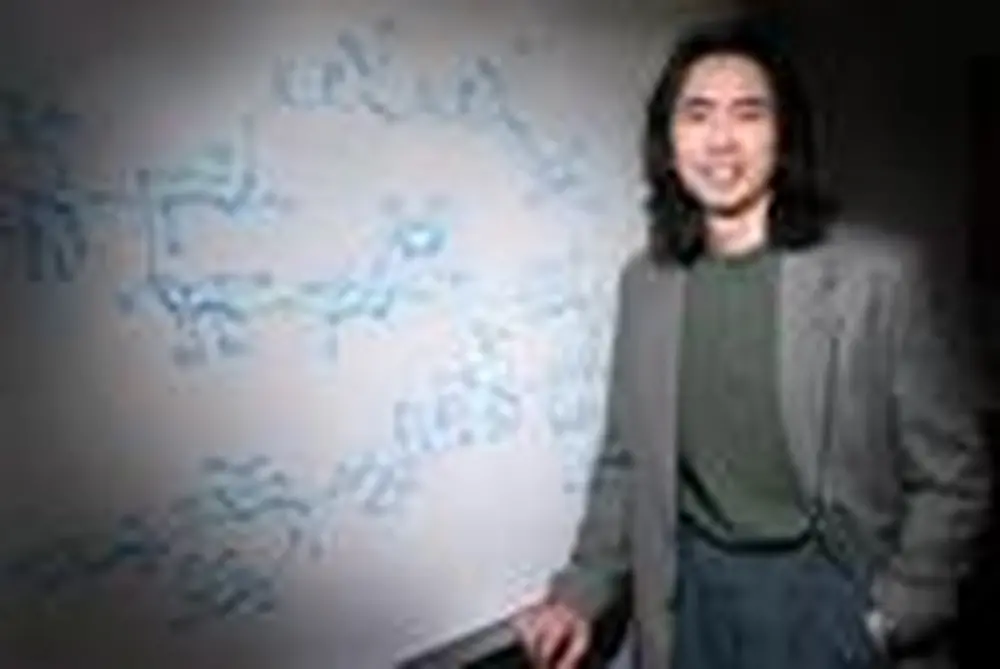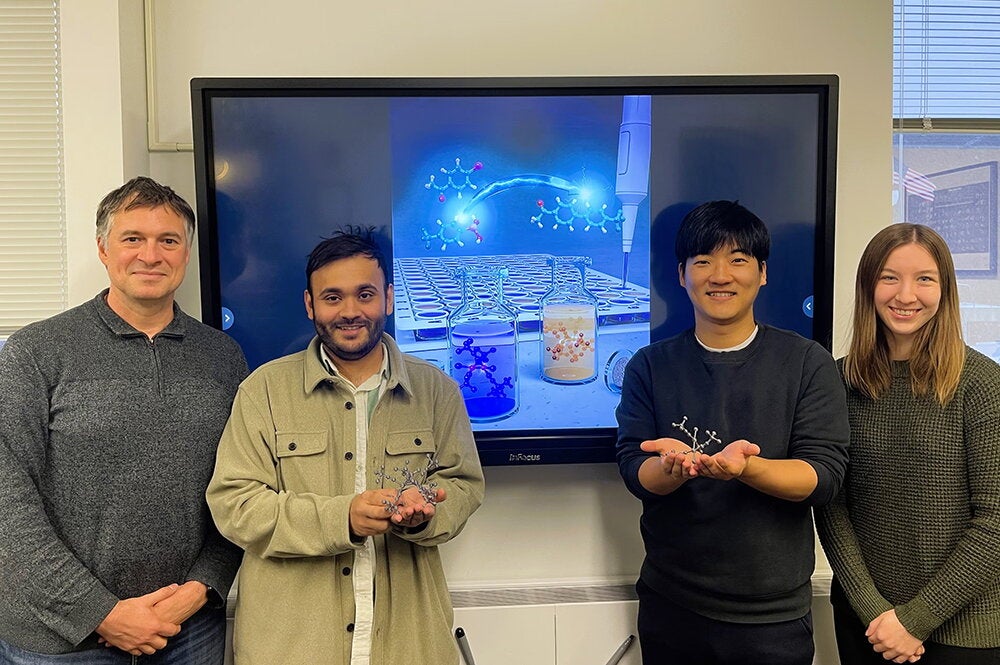

Using bark from the South American Quillaja saponaria Molina tree, chemists in LAS have synthesized a molecule that boosts the body's ability to fight disease.
In clinical trials, the molecule called QS-21A has been shown to significantly improve the body's immune response in vaccine therapies against aggressive diseases such as melanoma, breast cancer, small-cell lung cancer, prostate cancer, HIV-1, and malaria.
"Now that we have synthesized this remarkable molecule and confirmed its structure, we are in a position to examine how it works and investigate ways to improve its performance," says David Y. Gin, a professor of chemistry in LAS.
QS-21A enhances the potency of antigens introduced in the body to elicit an immune response, allowing for lower vaccine doses with greater effectiveness. The molecule could therefore save patients money on expensive drugs and stretch limited supplies of antigens and vaccines.
The research team included postdoctoral research associates Pengfei Wang, Mauricio Navarro-Villalobos, and Bridget D. Rohde, and graduate student Yong-Jae Kim. The work was funded by the National Institutes of Health.


